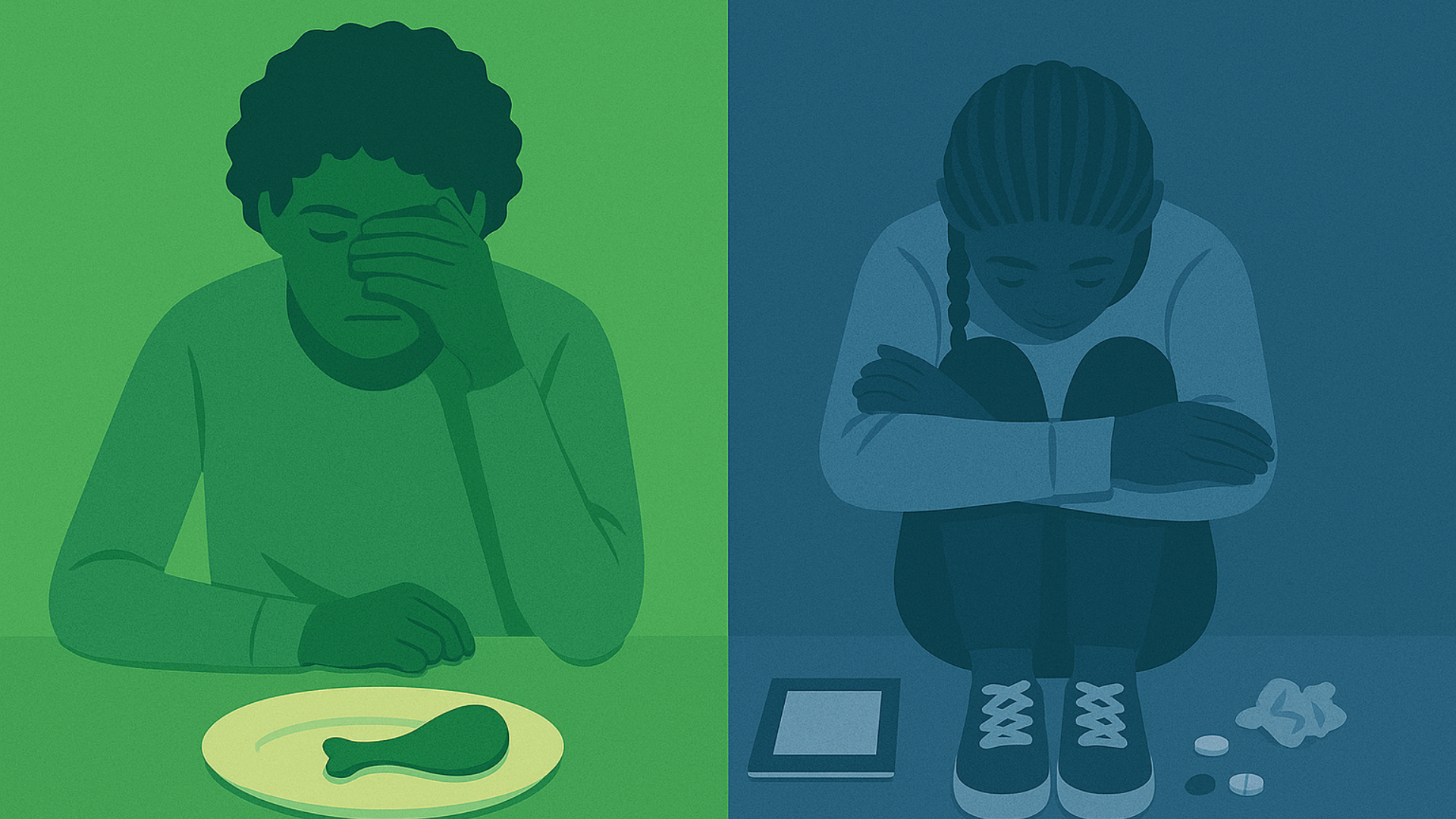Business Briefs | November 14 – December 11, 2019

KidZone Loses Placer Funding
NORTH LAKE TAHOE
Editor’s note: Though one of the criteria for future funding initially adopted by the First 5 Placer commission did require agencies be located in Placer County, this eligibility requirement was removed at its Oct. 30 meeting.
Placer First 5, which focuses on support for early childhood development, recently shifted funding requirements, now requiring organizations receiving grant funding to reside within Placer County. Truckee’s KidZone Museum, which is headquartered in Nevada County and has received First 5 funding for approximately two decades, is affected by this change.
“We were surprised after all these years that they decided to do that since a lot of organizations [First 5 funds] do not reside in either Nevada or Placer County, but do serve both audiences, especially up here in Truckee and Tahoe,” said Carol Meagher, KidZone’s executive director.
KidZone receives $32,000 from the First 5 program for expenses such as staff and outreach. With the changes, KidZone will need to add the gap to its fundraising efforts, raising the total to roughly $130,000. Meagher did say the KidZone board presented to the First 5 commission, asking them to reconsider the location requirement, and they’re awaiting a final response.
Alison Elder Recognized by WSJ
TRUCKEE
For the sixth year in a row, Truckee real estate agent Alison Elder of Truckee’s Elder Group Tahoe Real Estate was recognized by the Wall Street Journal’s prestigious The Thousand, their list of the 1,000 top real estate agents in the country. Elder made the list twice, ranking 194 for 139.50 transaction sides and 169 for her $93,768,448 in sales volume.
$99 lift tickets anytime in December
NORDEN
Sugar Bowl Resort is introducing new lift ticket and equipment rental specials in advance of the 2019/20 winter season. This year, when purchased online at least two days in advance, adult all-day lift tickets are $99 any day in December, including weekends and holidays. Youth and senior lift ticket prices are $79, and children ages 5 to 12 are $49. Skiers and snowboarders can also take advantage of affordable ski and snowboard rentals all season long.
Coalition Snow Opens Storefront
TRUCKEE
The region’s and the world’s first woman-owned and -operated ski company, Coalition Snow is officially opening a brick and mortar shop on Nov. 14. For the retail store’s first six months, they will be taking over the Palisade Avenue location of Bike Truckee as a shared space, and will stock Coalition’s self-branded boards and skis as well as those from other manufacturers. CEO Jen Gurecki told Moonshine Ink in an email that the company plans to host community events and speakers and encourage the store to become a hub for slope-culture enthusiasts.
Health Clinic Expands Services
RENO
Thrive Wellness of Reno, a comprehensive wellness clinic that offers many different approaches to mental health care, opened its doors in March of this year and is rapidly expanding facilities and services. The holistic treatment center is currently located on Plumb Lane but is slated to move into the historic Roy house on Court Street in January 2020. The clinic offers dual-diagnosis partial hospitalization programming and intensive outpatient eating disorder treatment, and extends specialized care in anxiety, depression, obsessive compulsive disorders, perinatal mood disorders, and more.
New Tahoe Dave’s Location
TRUCKEE
Tahoe Dave’s Skis & Boards has announced that its additional location, known as Tahoe Dave’s Truckee West, is scheduled to open Thanksgiving weekend. The new location at 12047 Donner Pass Rd., is situated right off Interstate 80 in the Tri Counties Bank Plaza, offering convenient access to rentals and returns of skis, snowboard, and snowshoes, as well as demos and repairs.
Local Company Touts Natural Skin Care
SPARKS
AloeHydrate is a new online company based in Sparks, sharing personal care and wellness products. The business was born out of need for skin care products that are scientifically proven to be naturally effective at hydrating skin. AloeHydrate’s commitment is to lead the way in developing and marketing such products. Visit aloehydrate.com for information and products.
Online Farmers Market
TRUCKEE
Tahoe Food Hub announced its new online farmers market, Harvest to Order. Consumers can “build their own box” filled with seasonal, sustainably grown fruits and vegetables from local farms including pasture-raised meats, cheese, eggs, and other specialty products. For the fall and winter season, the online farmers market opens Mondays at 5 p.m. and closes Tuesdays at 4 p.m. On Wednesday, Tahoe Food Hub picks up from the farmers the items harvested that day and readies the orders for pick-up starting on Thursday. Orders can be picked up at the farm shop anytime between 11 a.m. and 6:30 p.m., Thursday through Saturday, and Monday through Wednesday, noon to 6:30 p.m.
Main Image Caption: LEGENDARY DAVE WILDEROTTER, owner of Tahoe Dave’s, said, “As Truckee continues to grow, and traffic becomes more interesting, this additional location right off the freeway and at the base of Tahoe Donner just made a ton of sense for our customers and staff.” Courtesy image
The post Business Briefs | November 14 – December 11, 2019 first appeared on Thrive Wellness.








